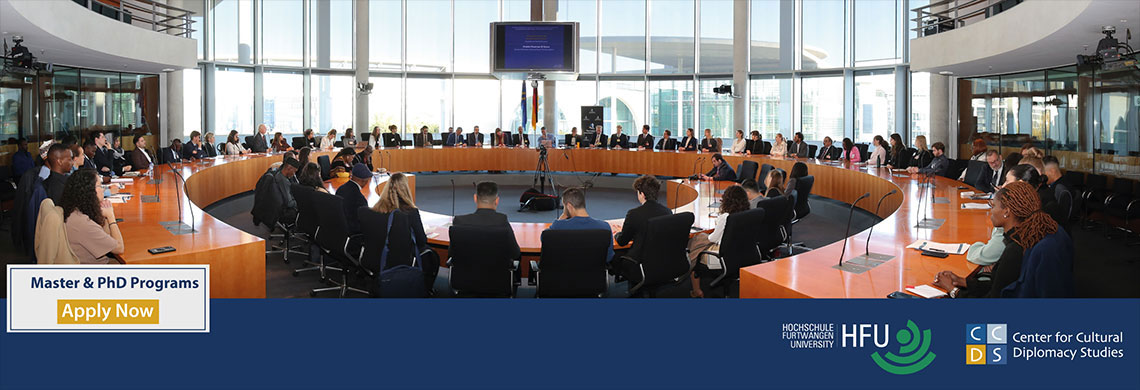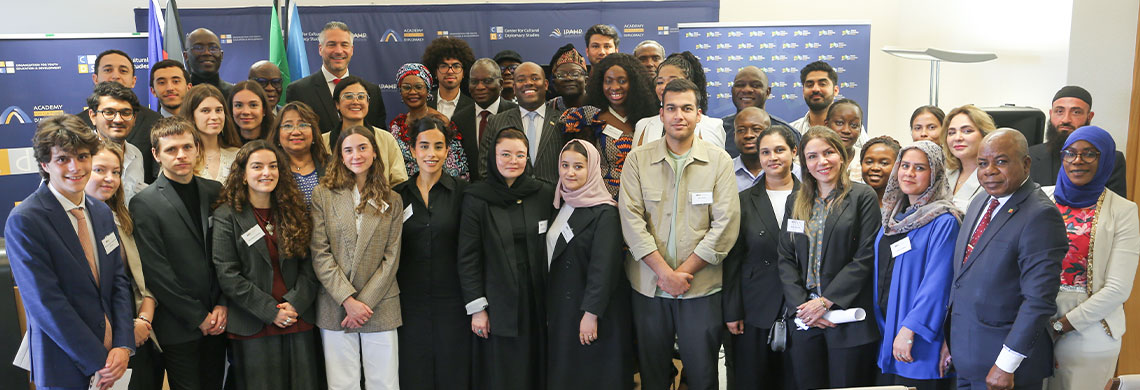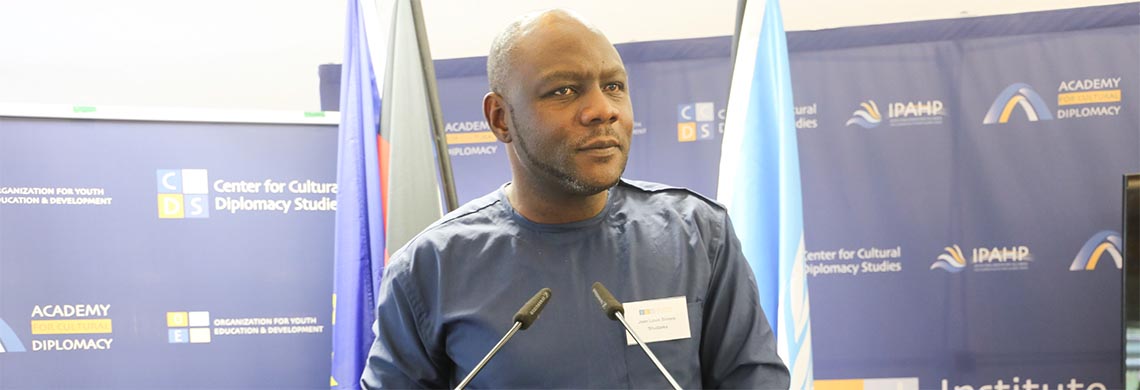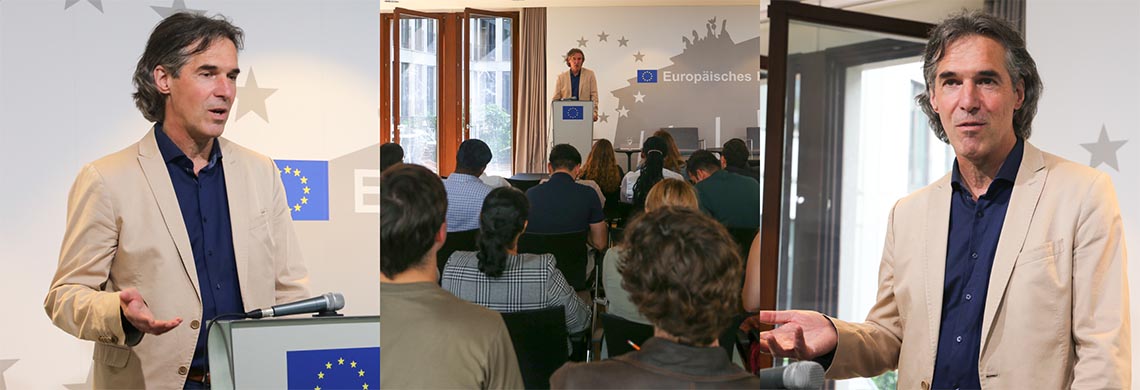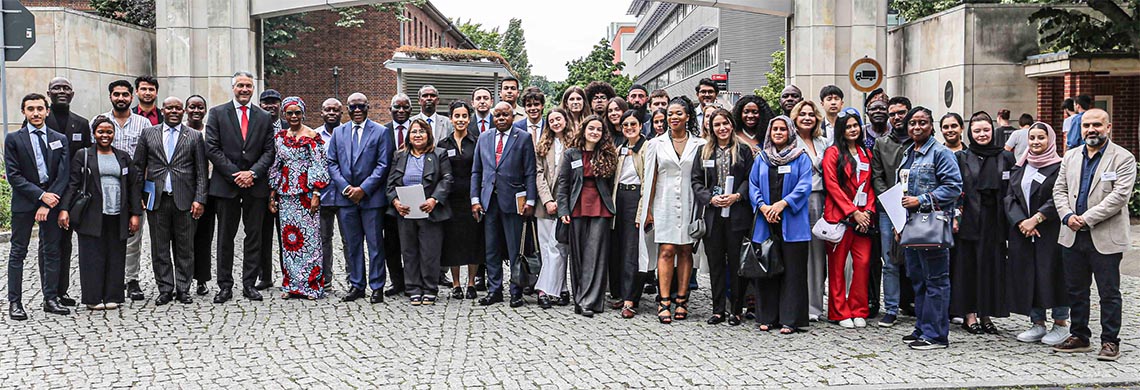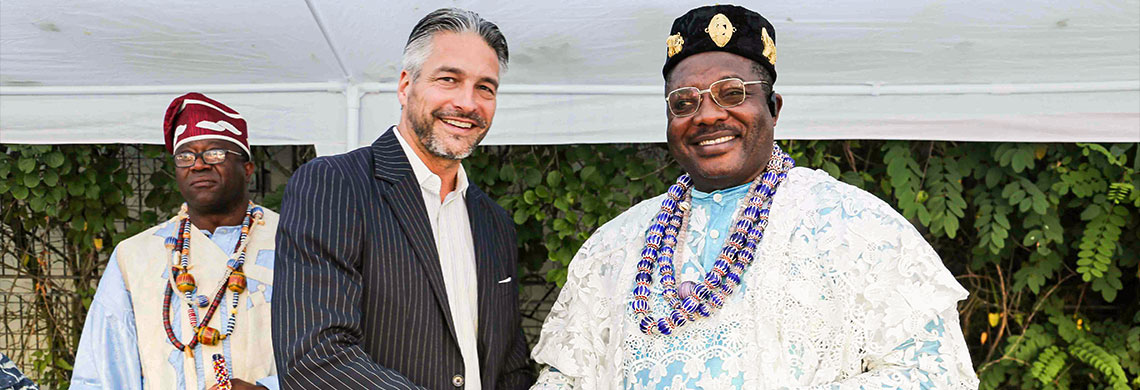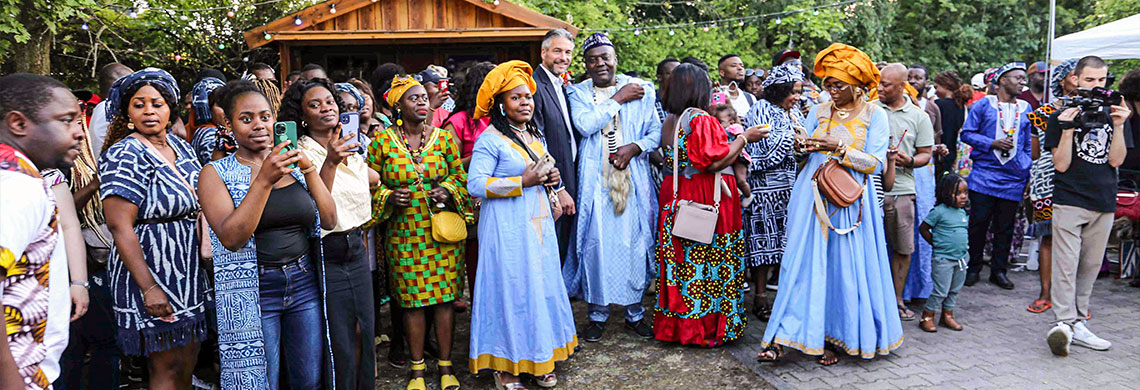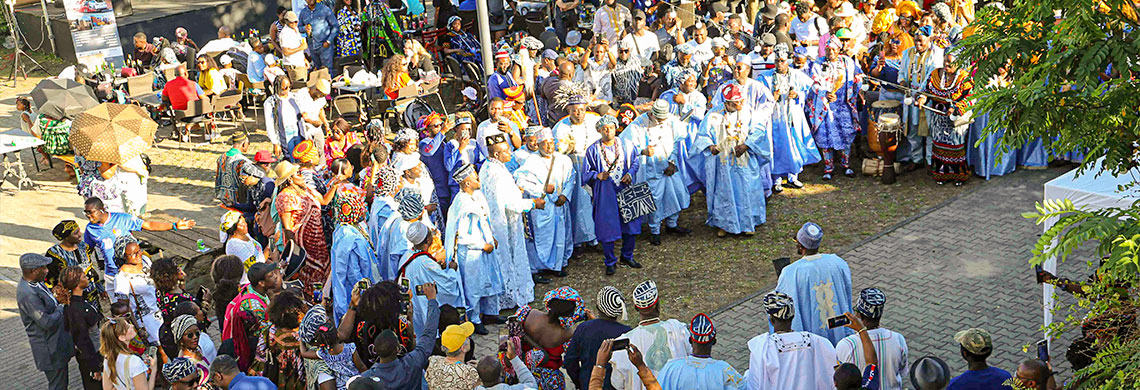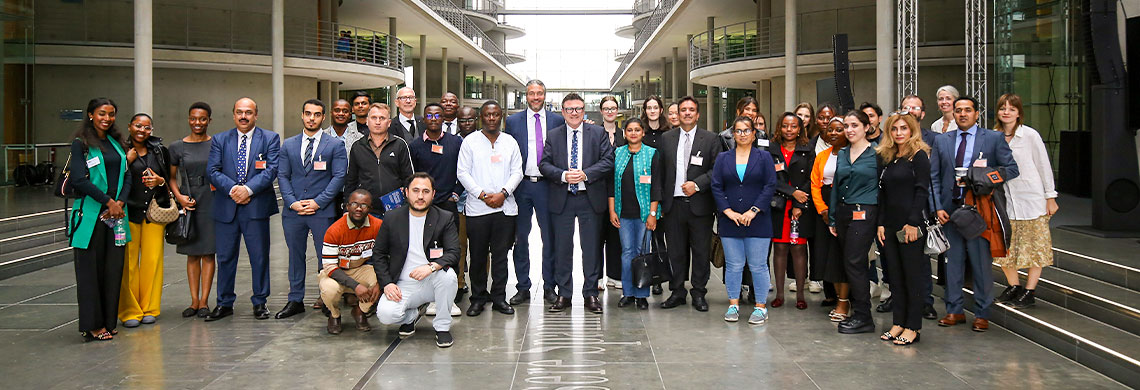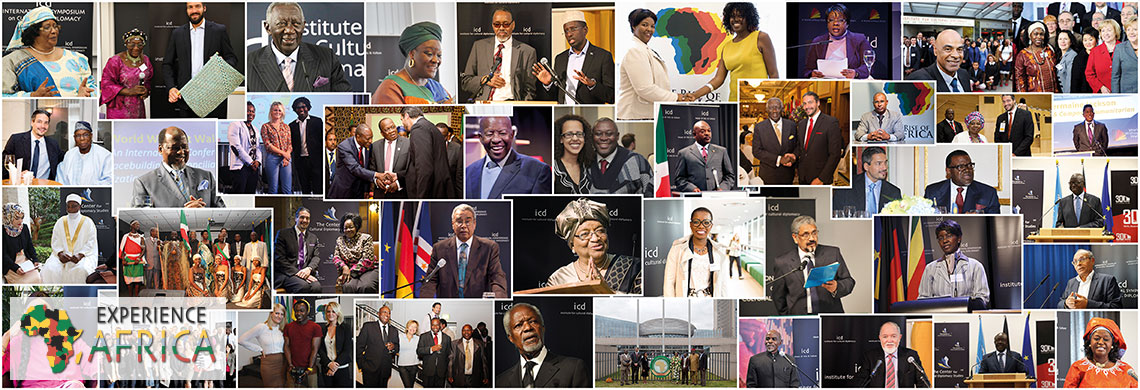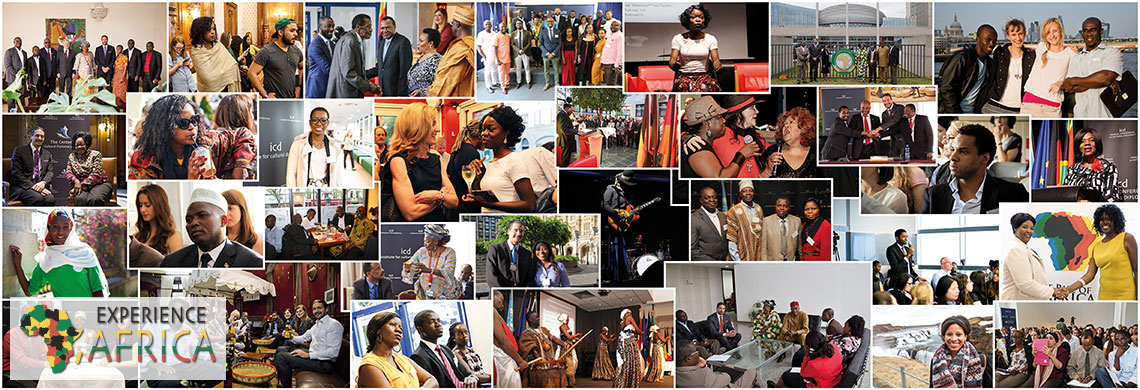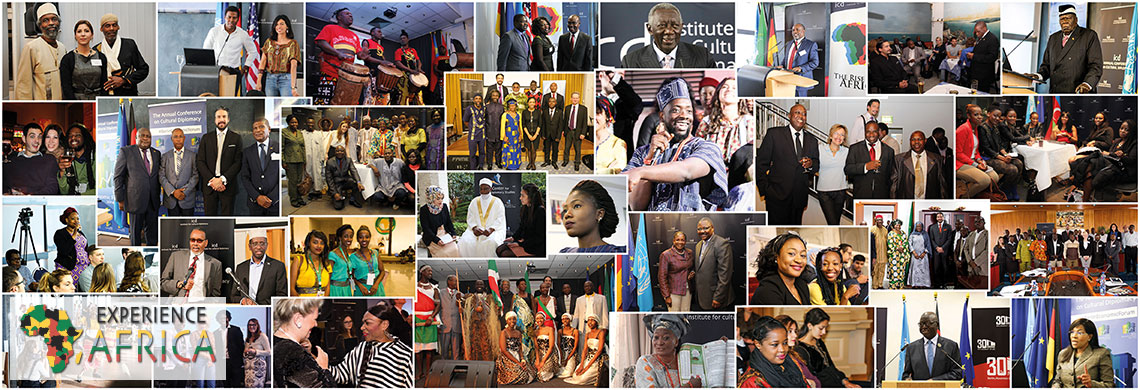The International Symposium on Cultural Diplomacy in Africa
"Strategies to confront the Challenges of the 21st Century: Does Africa have what is required?"
 The International Symposium on Cultural Diplomacy in Africa 2011 will focus in particular on the following issues:
The International Symposium on Cultural Diplomacy in Africa 2011 will focus in particular on the following issues:International Relations in the 21st Century: What Does a Fair Deal look Like and is it Possible in Today's Interest-Driven Global Reality?
Several recent facts raise the question of the evolution of Africa in the global market. The recent adhesion of South Africa to the BRICS is perhaps a chance of a new cooperation between these five countries. While the director of the MIF resigned from his position, we can see the ambition of Africa to take such an opportunity of a possible leadership. It is important to think about the way to establish a fair partnership with international institutions that benefits for both sides of the world. Moreover, we witness in Africa a growing implementation of the Asian Tiger: China is now their second economic partner. While some claim it is a threat, others say that the European or American interests in Africa represent a bigger risk. In addition to the questions of Aid vs. Trade, it is necessary to ask ourselves about a fair arrangement between Africa and other parts of the world, to reduce the development disparities.- A Partnership with International Financial Institutions: Is it Profitable for Both African and Western Countries?
(Focus: IMF, World Bank, International Trade, Resources) - A Case Study of an African Country: Confronting the Challenges of the Financial Crisis 2008-Present
- (Focus: Ghana, Namibia, Nigeria, Liberia, Rwanda)
- The Implantation of China in Africa: A Windfall or a Threat?
(Focus: China and Africa, Partnership, Exploitation of Resources Trade, Hydrocarbons, India) - Will the Recent Adhesion of South Africa to the BRICS show significant results regarding Integration in the Global Economy?
(Focus: the South- South relations, the BRICS, Competition, Trade Money, International Transactions) - Are Economical Aid Initiatives Strong Enough to Bring About a Significant Change?
(Focus: Agriculture, Cooperatives, Fair Trade, NGO) - Multinational Firms Implanted in Africa: Opportunity or Disaster for the Development?
(Focus: Agriculture, Agribusiness, Multinational Firms, Monsanto, Resources, Interdependence) - Should the Debt of Africa Really Maintained?
(Focus: Global Market, Multilateral Debt, Lending, International Financial Institutions, Geopolitical Interests)
Cultural Diplomacy: Restoring Excellence to Africa's Values and Traditions –From Leadership to Traditional Knowledge Systems.
One of the main peculiarities of Africa is still the low level of urbanization. Despite the growth of urbanization from 14% to 32% during the 1950s to late 1980s, this process began to reverse in the 1990s. One of the traditions most under threat is the typical extended family. These peculiarities are far from the concepts of the mononuclear family, urbanization, and indirect democracy which have been identified by political scientists and economists as the main determinants of the transaction of the West into a modern society. Given this, is it possible to pursue an African construct of development?
- Western Education and African Development: Impairing or Misguidance?
- The Effect of Social Media and the Stability of the African Traditional Values(Focus: Egypt, Tunisia, The Digital Revolution, New Social Technology)
- Traditional Leaders' Involvement in the Political System
(Focus: Localized Concepts of Justice, Democracy, and Leadership; Promoting Local Interests) - The Extended Family: Benefits vs. Weaknesses
(Focus: Integrated Communities, Responsibilities, Stronger Society) - The Role of Culture: Can the Rural Traditions Survive in an Urban Environment?
(Focus: Grassroots Politics; Sustainable Development; Culture Tourism) - How to Govern the Process of Internal Immigration: Coercive vs. Incentive Based Methods
(Focus: Massai Mara; Two Speed Development; Inequality Gaps; Urban Gentrification; Integration between Rural and Urban Communities) - Reviewing the Effect of External Spiritual/Religious Belief Systems on Africa's Social Development
(Focus: Christianity, Judaism, Islam)
Crisis Management
In light of the current crises that have swept North Africa and Cote' d'Ivoire, creating not only national but also regional instability, do African leaders and institutions have the will and the means to enact principled resolutions? Questions remain over whether the African Union and its tools, such as the African Peer Review Mechanism, are effective enough means to monitor and dissuade intra-state conflict. The debate still exists between Africa's wish to exercise continental self-determination in its affairs, but its ability to act when an international crisis arises, without the help of global actors. Tied into this is also the role of regional actors, such as South Africa, Nigeria, and Egypt whose own instability raises into question their ability to lead.
- The Power of Force Vs. Reason
(Focus: When is it justified to use force over diplomacy; Hard Vs. Soft Power; The Role of International Actors in Intra-State Conflict) - Responsibility, Justice & Leadership in an Imperfect System
(Focus: The Africa Union; Crisis-monitoring Mechanisms; Regional Leadership Roles) - The International Criminal Court (ICC)
(Focus: International Justice Vs. Western Influences; The Notion of Local Trial and Justice) - Democracy and Stability: Can We Create Peace and Promote Democracy at the Same Time?
(Focus: Peaceful Transitions to Democracy; African Models of Democracy; Strong Leadership in Times of Crisis) - Case Study: The Effectiveness of Three External Forces on Africa
(Focus: ECOMOG, AFRICOM, UNIFIL)
On Center Stage and Calling the Shots: Giving Structure to the Vision and Strategy for the Rise of Africa
The States of Africa, both internally and collectively, endure a number of challenges that need to be addressed, tackled with clear strategies, and implemented. In order for Africa to develop, action needs to be taken, and while these issues are not new, fresh initiatives, programs, and ideas will be presented and debated. These issues characterize the very real future for Africa, encompassing the most urgent aspects in need of reform across the political, economic, and cultural spheres. In discussing the central theme of the Symposium – Will Africa Have What it Takes to Confront the Challenges of the 21st Century? - it is impossible to answer that question without first considering if African countries have what it takes to confront their own challenges which currently exist.
- Health
(Focus: HIV/AIDS Prevention and Treatment, Malaria, Child Mortality, Food Security, Sanitation, Water Security, the Role of the WHO and FAO, Ghana Case Study: RHNP ) - Education
(Focus: School Enrolment, Child Soldiers and the Diamond Trade, Literacy, The Role of NGO's in Education, Corruption in Education, University Partnerships, Brain-Drain/Brain-Gain, Financial Loss, Alternative Educational Models) - Economics
(Focus: The Financial Crisis, Inequality, Sustainable Development after the 2010 World Cup, Trade and Tariffs, Oil and Natural Resources, Tourism, New Industries, Investment, the World Bank, the IMF, the African Currency Unions, the "African Century", The Post-Colonial Effects of National Economic Models) - International Relations
(Focus: The African Diaspora, The European Neighborhood Policy, the Arab Spring, Responses to Libya, Migration, Intergovernmental Cooperation, Africa's Relationship to the BRIC States, South Africa's Permanent Membership on the UN Security Council) - Agriculture-Policy
(Focus: Irrigation, Subsistence Farming, Sustainable Agriculture, Cash Crops, Fair-Trade, Renewable Energy Possibilities, Mineral Wealth, Diversification, the Challenge of Urbanization, the Mining Industry, Genetically Modified Organisms) - Infrastructure Development
(Focus: Electrification, Green Technology, Sustainable Development, the Widening Gap Between Rich and Poor, the New Relationship with China and India) - Rural Development
(Focus: The Role of the United Nations, Transport Networks, Regional Development Agencies, and NGOs; Agricultural Training, Poverty and Hunger Alleviation; The Effect of Economic Concerns on the Rural Ecology and Communities)
Managing the Will of the People
African Leaders now have to balance the interests of so many different groups in society presenting equally valid and urgent needs, whilst attempting to retain some notion of national unity. Beyond this, they must also consider promoting interest with international investment, neighborhood relations, and global priorities. What should be the order of priorities for the next generation of African leaders, and how do they pacify the plethora of needs from the people they represent?
- Equality
(Focus: The Emerging Middle Class, Distribution of Wealth, Ethnic Tensions, Racism, Two Speed Development; Religious/Spiritual Affiliations) - Security
(Focus: Religious Sectarianism in Egypt and Nigeria; United Nations and Peace Keeping; Al Qaeda, the Arms Trade, the Drug Trade, Piracy, Genocide, the Protection of Children, Organized Crime, and Rape as a Weapon of War) - Foreign Relations
(Key topics: UN and Africa, NATO in Africa, African-US relations, Migration, Indian and Chinese Investment, Africa's New Foreign Markets, Economic Integration in East Africa) - Regimes in Transition
(Key topics: The Arab Spring, Youth Revolt and the Importance of the Digital Revolution, Islamist Threat, Elections and Voting, Representative Democracy, Civic Engagement, the Media Landscape-Freedom of the Press, Bribery, Nepotism, - Sustainable Development
(Key topics: The Class Divide, Distribution of Wealth, The Challenges of Urbanization, Pollution, and Population Growth)

